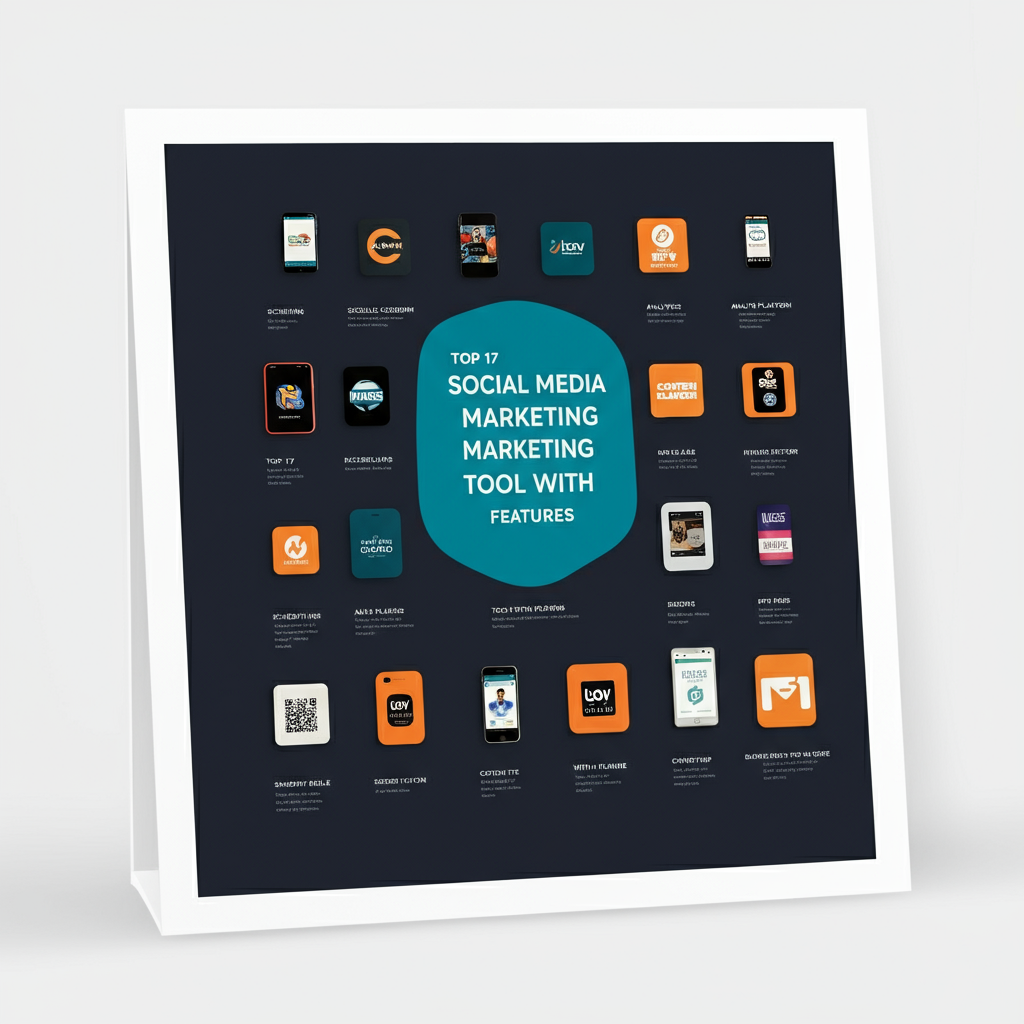Over the years, SEO has transformed from a simple practice of keyword stuffing to a sophisticated strategy that demands careful planning, expert execution, and ongoing adaptation. At the heart of most successful SEO strategies is link building, a critical ranking factor that plays a major role in improving your visibility on search engine results pages (SERPs).
But not all link-building tactics are created equal. Some could boost your rankings, while others might land you a dreaded Google penalty. With the ongoing evolution of Google’s algorithms and its strong push for the EEAT principles in 2025, avoiding mistakes in your link-building efforts has never been more important.
This guide dives deep into the 20 most common link-building mistakes that can kill your SEO in 2025, how to avoid them, and actionable tips to implement better strategies.
Understanding Google’s EEAT Principles
What is EEAT?
EEAT stands for Expertise, Experience, Authoritativeness, and Trustworthiness, the pillars of Google’s guidelines for ranking content. These principles ensure that content displayed to users meets high standards of credibility and quality.
When it comes to link building, EEAT matters more than ever. Google evaluates both the quality of your content and the trustworthiness of backlinks pointing to your site.
How EEAT Affects Your Link-Building Strategy
Your content, link sources, and backlink profile need to demonstrate a strong alignment with EEAT to drive rankings. Backlinks from credible, authoritative, and relevant websites not only boost your visibility but also cement your site’s authority within your niche.
20 Link-Building Mistakes to Avoid in 2025
1. Buying Links
Purchasing links may seem like a shortcut to faster results, but Google explicitly prohibits this practice. Getting caught can lead to harsh penalties and damage your site’s long-term SEO potential.
Better Alternative: Focus on earning natural backlinks through high-quality, shareable content.
2. Over-Optimizing Anchor Text
Using keyword-heavy or overly optimized anchor text can make your backlink profile look unnatural, a big red flag for Google’s algorithms.
Better Alternative: Use diverse, natural-sounding anchor texts.
3. Ignoring Relevance
Building links from irrelevant websites destroys your authority and sends mixed signals to Google.
Better Alternative: Target highly relevant websites within your niche or industry.
4. Participating in Link Schemes
Joining schemes like reciprocal link exchanges (you link to me, and I link back) can harm your SEO.
Better Alternative: Build relationships and earn links from websites with genuine shared value.
5. Building Low-Quality Directory Links
Mass-submitting your website to directories with no real authority or relevance is an outdated and ineffective tactic.
Better Alternative: Submit to high-quality, niche-specific directories like industry association websites.
6. Guest Posting on Irrelevant Sites

Guest posts are powerful when done right, but publishing on irrelevant or low-quality sites delivers little to no SEO value.
Better Alternative: Pitch guest posts to reputable publications in your industry.
7. Not Monitoring Your Backlink Profile
Failing to track your backlinks means you could unknowingly acquire spammy links that undermine your rankings.
Better Alternative: Use tools like Ahrefs or SEMrush to regularly audit your backlink profile.
8. Neglecting Mobile Optimization
Mobile-first indexing means your linked pages must be fully mobile-optimized. Failing to do so signals poor user experience to Google.
Better Alternative: Ensure linked pages provide seamless experiences across all devices.
9. Ignoring User Experience on Linked Pages
Think of backlinks as invitations. If visitors land on pages with poor design, slow loading times, or broken functionality, they’ll bounce.
Better Alternative: Optimize your pages for speed, layout, and usability.
10. Not Diversifying Link Sources
Relying on one type of link source, like blogs or forums, creates an unnatural backlink profile.
Better Alternative: Build links through a variety of sources, including blogs, news sites, directories, and social media.
11. Overlooking Broken Link Building
Failing to identify and fix broken links robs you of valuable SEO opportunities.
Better Alternative: Use tools like Screaming Frog or Broken Link Checker to find and repair broken links.
12. Disregarding Local Link Building
Ignoring localized link opportunities leads to missed traffic from relevant local searches.
Better Alternative: Collaborate with local businesses, organizations, and directories to build local links.
13. Not Building Relationships
Random outreach for link building is less effective than building authentic, lasting relationships with site owners.
Better Alternative: Invest time in networking within your industry.
14. Forgetting Internal Linking
Internal linking is a key SEO strategy that is often overshadowed by external link building.
Better Alternative: Link to related articles within your own website to improve navigation and SEO.
15. Ignoring Social Signals
Social proof through shares and engagement indirectly influences how search engines value your content and links.
Better Alternative: Actively promote your content on social media to amplify its reach.
16. Neglecting Competitor Analysis
Ignoring what your competitors are doing can leave you one step behind in the SEO game.
Better Alternative: Analyze competitors’ backlink profiles for inspiration and direction.
17. Not Adapting to Algorithm Updates
Failing to stay updated with Google algorithm changes can render your strategies outdated.
Better Alternative: Subscribe to credible SEO news sources and adjust your strategies as needed.
18. Failing to Track Results
Without measuring the impact, you won’t know whether your link-building efforts are successful.
Better Alternative: Use tools like Google Analytics and Search Console to track clicks, traffic, and rankings.
19. Depending on Automated Tools
Automation often results in low-quality links and unnatural practices that harm your SEO.
Better Alternative: Use automation sparingly for research, not execution.
20. Impatience and Lack of Consistency
Effective link-building takes time. Giving up too soon or inconsistency can derail your SEO goals.
Better Alternative: Maintain a sustainable and consistent effort over the long term.
Best Practices for Effective Link Building in 2025
- Create Shareable Content: Produce unique, valuable, and engaging content to attract natural links.
- Foster Relationships: Network with influencers and other creators in your niche.
- Regularly Audit Links: Clean up spammy or irrelevant backlinks to maintain authority.
- Prioritize User Experience: Optimize the usability of your linked pages to retain visitors.
Adapting Your Link Building Strategy
Link building is more than just a technical SEO task; it’s a blend of strategy, creativity, and persistence. By avoiding these common pitfalls and investing in sustainable practices, you can build a robust backlink profile that supports your long-term SEO success.
Take Action Today: Start refining your link-building strategy and stay ahead of SEO trends with tools like Ahrefs, SEMrush, and Google Search Console.



